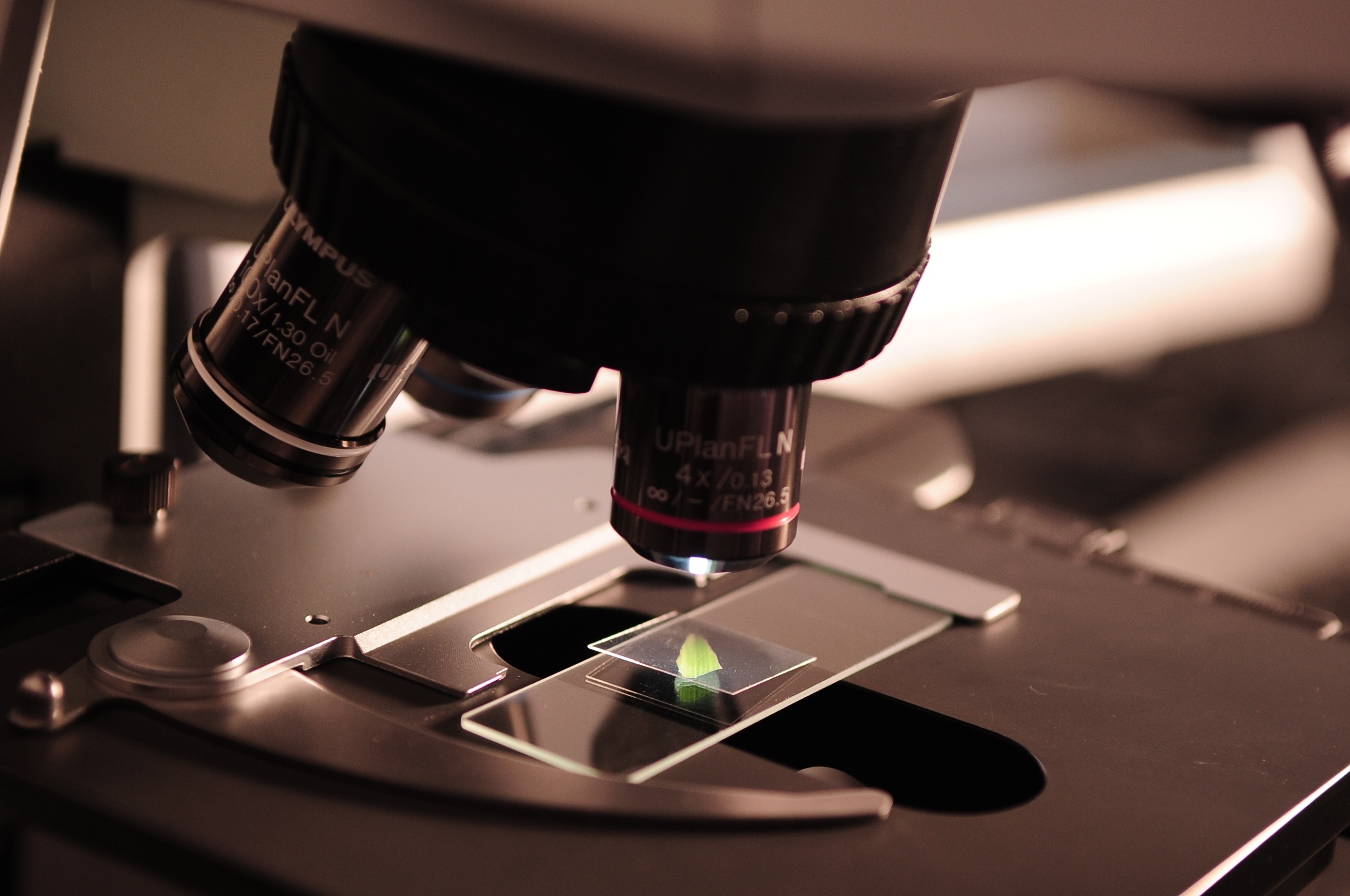

To save you some time, it’s Google’s Ad Center, which the article doesn’t even link to, as far as I can tell.
I’m not creeped out by any of the info I found in mine, but I am annoyed. “Yes, Google, I searched for [random thing] twice because I needed to know a little more information. That time has passed because I bought it or the event has passed or whatever. Reminding me about it just makes it weird.”









Noelia Voight via Instagram